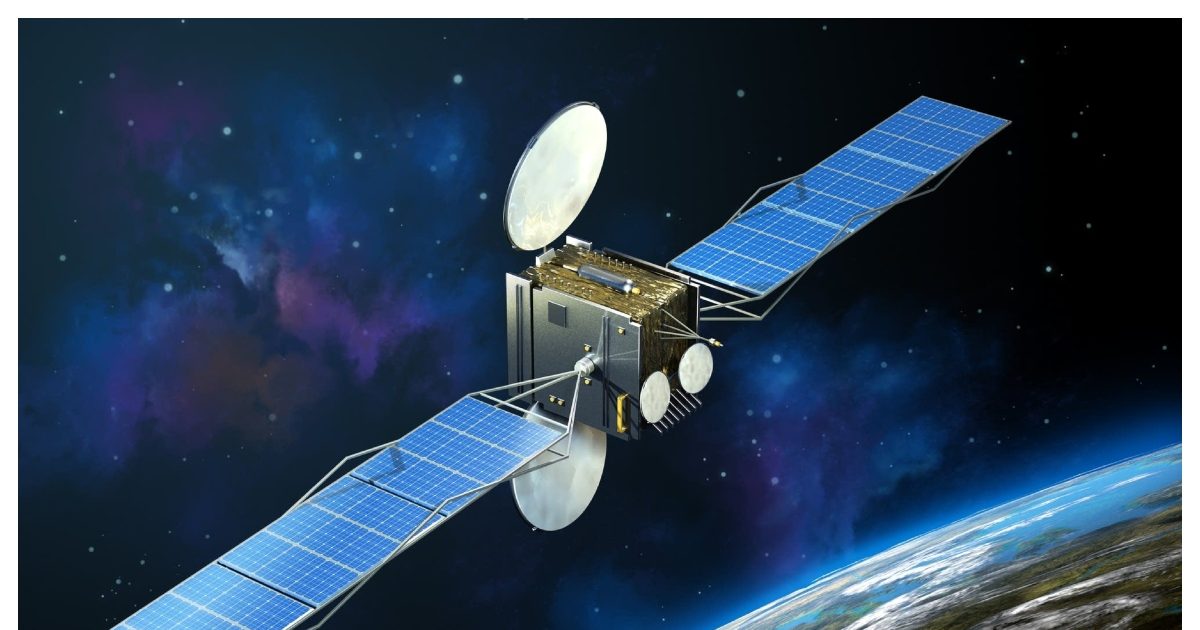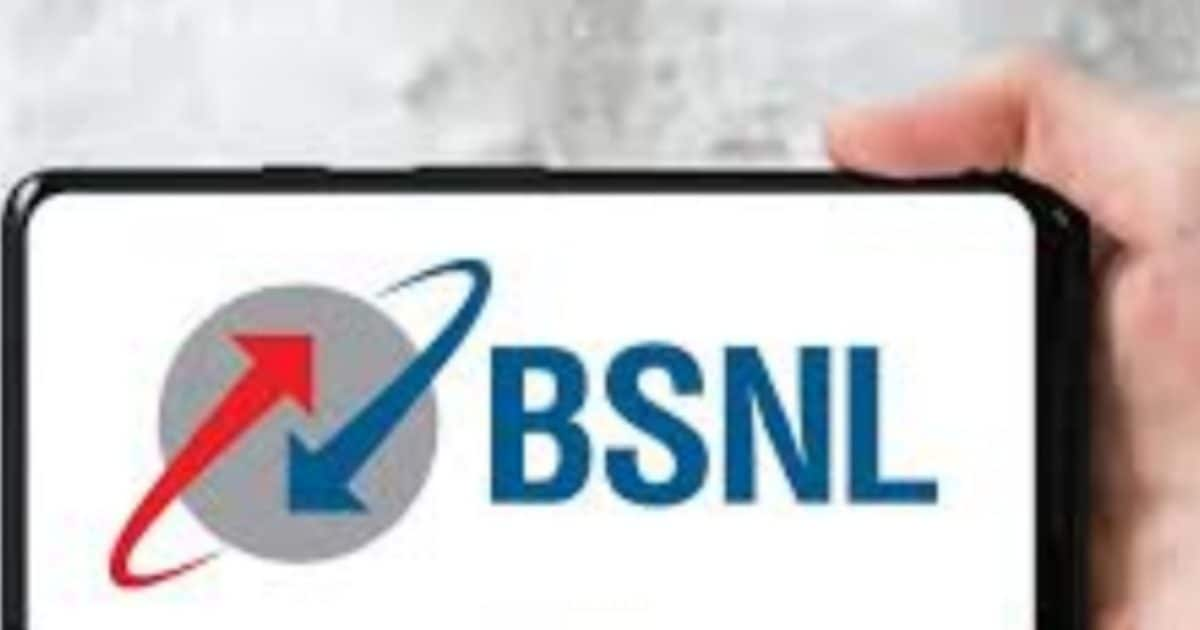New Delhi. Just before the Commercial Rollout of Satellite Internet in India, the Diportage of Telecommunications (DOT) has released 29 to 30 new secularity guidelines for satellite series companies. The dot has continued the new niyams keeping in mind the security of the country. In fact, the government has taken steps due to the ongoing ziopolitical tension with neighboring countries like China and Pakistan.
The new guidelines will affect the existing license holders such as Airtel Onweeb and Jio SES, as well as no license, such as Amazon Kuiper and Elon Musk’s starlink. These new rules are mandatory for approval of license and operation in India.
DOT new riam very strict
According to the new guidelines, satellite operators will have to take care of the things given below.
Website Block and Matadata Collection: Companies offering satellite series have to enable the Valid intercept from the state of Indian laws, storing metadata and websites will have to be blocked.
User’s Terminal Verification: In India, only the registrants will get the access of satellite series. The foreign terminal will have to follow the proper registration process.
Real Time Location Tracking: Whenever the security agencies ask for information about the location of the user terminals from the satellis service provider companies.
There will be no data transfer outside India: Service companies will also have to accept this riam as well that they cannot put the data of Indian users, outside the country on any foreign server.
Protocol for the region of the field: As soon as the user’s terminal goes into a reputed or unauthorized zone, the network will automatically become disabled.
Border Surlance Zone: Companies will have to create a 50 km monitoring area along with India’s international border, so that there can be better monitoring in sensitive areas.
Starlink may feel more late now
Telecom companies like Jio and Airtel of the country are already following the old regulations of professionalization, but Starlink will also have to face many new things. That is, those who are older, with them and 30 new parameters will also have to be followed. In such a situation, Starlink may be late in launch in India. Due to new strict regulations, the process of approval and testing timeline can be slow.




